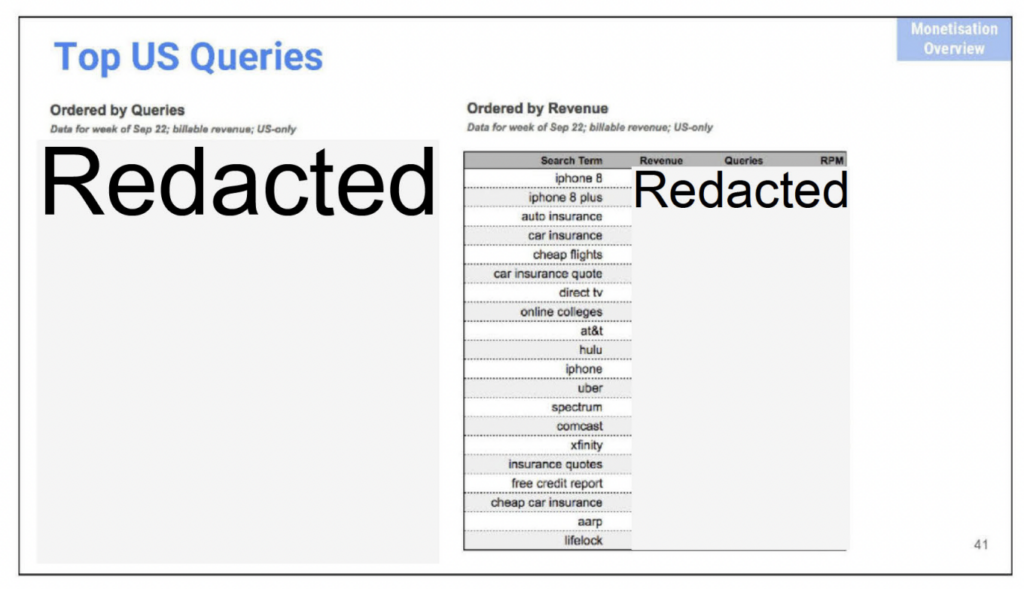Mary Poppins & friends drop in

Seen in Arles one day in 2017.
Quote of the Day
Judge: What do you suppose I am on the Bench for?
F.E. Smith: It is not for me, Your Honour, to attempt to fathom the inscrutable workings of Providence.
Musical alternative to the morning’s radio news
Haydn | String Quartet No. 62, Op. 76 No. 3 “Emperor” (2nd mov) | Veridis Quartet (Live performance)
Wonderful tune. I found myself digging it out after reading Noel Annan’s Epilogue to his marvellous memoir of his time in the Control Commission that ran the British Sector of occupied Germany after the defeat of Hitler. In the epilogue he recalls a visit he and his wife Gabrielle Ullstein made to Berlin in 1974 to celebrate the centenary of her family’s publishing firm.

There were to be speeches, and between them the famous strings of the Berlin Philharmonic were to play. Frederick Ullstein spoke. The Bürgermeister of Berlin spoke. So did Bach and Vivaldi. My programme told me we were about to hear the last piece, the second movement of Haydn’s Kaiser Quartet. How often had I heard that air, transposed and vulgarised, blared out by a brass band. But now the tender strings wrapped themselves around the melody and softly and slowly played the air we know as Deutschland, Deutschland über Alles. I happened to glance at some of the elderly members of the Ullstein family. Tears were running down their cheeks. What were they thinking? Of friends in their youth who had perished in the concentration camps? Of their good fortune in escaping? Or of the memories that air, so delicately phrased, evoked? Of the city in which they grew up, of their country that had once meant so much them and still was precious, of their country that, despite the horrors inflicted upon their race, was still dear to them?
Long Read of the Day
Leaving Twitter
Benedict Evans, one of the smartest people around, has been on Twitter since 2007. Now he’s not, and he’s written the best explanation I’ve seen on why he’s quit.
I once called Elon Musk ‘a bullshitter who delivers’ – he says a lot of stuff, and yet, there are the cars and the self-landing rockets. People generally struggle with one or other of these – they will refuse to accept the problem in selling a car that can’t drive itself as ‘full self driving’, or they will say ‘he didn’t found Tesla!’, forgetting that he’s run it for the last 15 years. Most of what you see at Tesla or SpaceX really is his creation – but half of what he says is bullshit.
Until recently, though, the bullshit was mostly about cars or tunnels. It wasn’t repeating obvious anti-semitic dog-whistles. It wasn’t telling us that George Soros is plotting to destroy western civilisation. It wasn’t engaging with and promoting white supremacists. It wasn’t, as this week, telling us all to read a very obvious misinformation account, with a record of anti-semitism, as the best source on Israel. Of course, it had bought a Blue Tick.
Interesting throughout.
AI is not the problem, prime minister – the corporations that control it are
Last Sunday’s Observer column:
Earlier last week, just around the time when the driver of Rishi Sunak’s armoured Jaguar might have been thinking about typing “Bletchley Park” into the limousine’s satnav, Joe Biden was in the White House putting his signature on a new executive order “on the safe, secure, and trustworthy development and use of artificial intelligence”. In a mere 20,000 words, or thereabouts, the order directs an innumerable number of federal agencies and government departments that oversee “everything from housing to health to national security to create standards and regulations for the use or oversight of AI”. These bodies are required to develop guidance on the responsible use of AI in areas such as criminal justice, education, healthcare, housing and labour, “with a focus on protecting Americans’ civil rights and liberties”.
Stirring stuff, eh? Within No 10, though, there might have been some infuriated spin doctors. After all, the main purpose of the Bletchley Park AI safety summit was to hype the prime minister’s claim to “global leadership” in this matter, and here was bloody Biden announcing tangible plans actually to do something about the technology rather than just fostering lofty “declarations”. Talk about shooting the PM’s fox before he had even mounted his horse!
One thing is becoming clear, though: the Biden order and the Bletchley Park summit exude a whiff of moral panic about this AI stuff…
Where to watch Fanny: The Other Mendelssohn
Some readers, intrigued by Monday’s comments on Sheila Hayman’s new film, wanted to know where they can see it.
The list of cinemas that are screening it is here.
Chart of the Day

An exhibit from the Google anti-trust trial currently under way in the US.
Interesting: three of the top ten are searches for information about the Apple iPhone, and five are for information about insurance. The revenue accruing from these searches is, like almost everything in the publicly-available evidence, redacted. Why the judge has acceded to Google’s petitions for redaction is one of the mysteries of the trial, and is IMO scandalous. But it’s typical of the deference shown to corporations by every establishment agency in a neoliberalised society.
This Blog is also available as an email three days a week. If you think that might suit you better, why not subscribe? One email on Mondays, Wednesdays and Fridays delivered to your inbox at 6am UK time. It’s free, and you can always unsubscribe if you conclude your inbox is full enough already!













